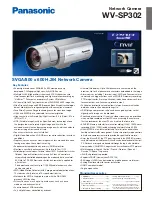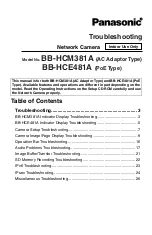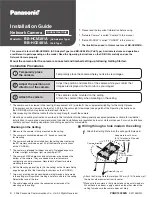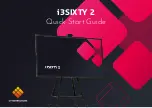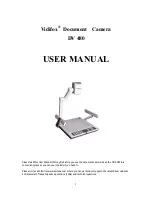
52
E
F
S
G
Step 3: Downloading Recorded Images and Video Clips
When the camera is turned on and connected to your computer, it is considered to be a disk drive, just like a
floppy disk or CD. You can download (transfer) images by copying them from the “removable disk” (“untitled” disk
on a Macintosh) to your computer hard drive as described in the prior section.
For Computers Running Windows
Open the “removable disk” and subsequent folders by double clicking on them. Double click on the folder . Your
images are inside these folder(s). Select the images that you want, then choose “Copy” from the “Edit” menu.
Open the destination location (folder) and choose “Paste” from the “Edit” menu. You may also drag and drop
image files from the camera to a desired location.
For Computers Running Mac OS and Desktop/LX
Open the “untitled” disk window and the hard disk or the destination location. Drag and drop from the camera disk
to the desired destination.
Note:
It is recommended that you use the AC power adapter as a power supply for the camera while transferring
your images and video clips from the camera to your computer to avoid the camera maybe cut off unexpect-
edly when the batteries run out.
Memory card users may prefer to use a memory card reader (highly recommended). Memory card readers
offer advantages in terms of convenience, speed, and cost-savings. While connected to your computer the
batteries in your camera will be continue to be used. A card reader, which has no batteries and uses USB
power from your computer, will save considerably on batteries.
































